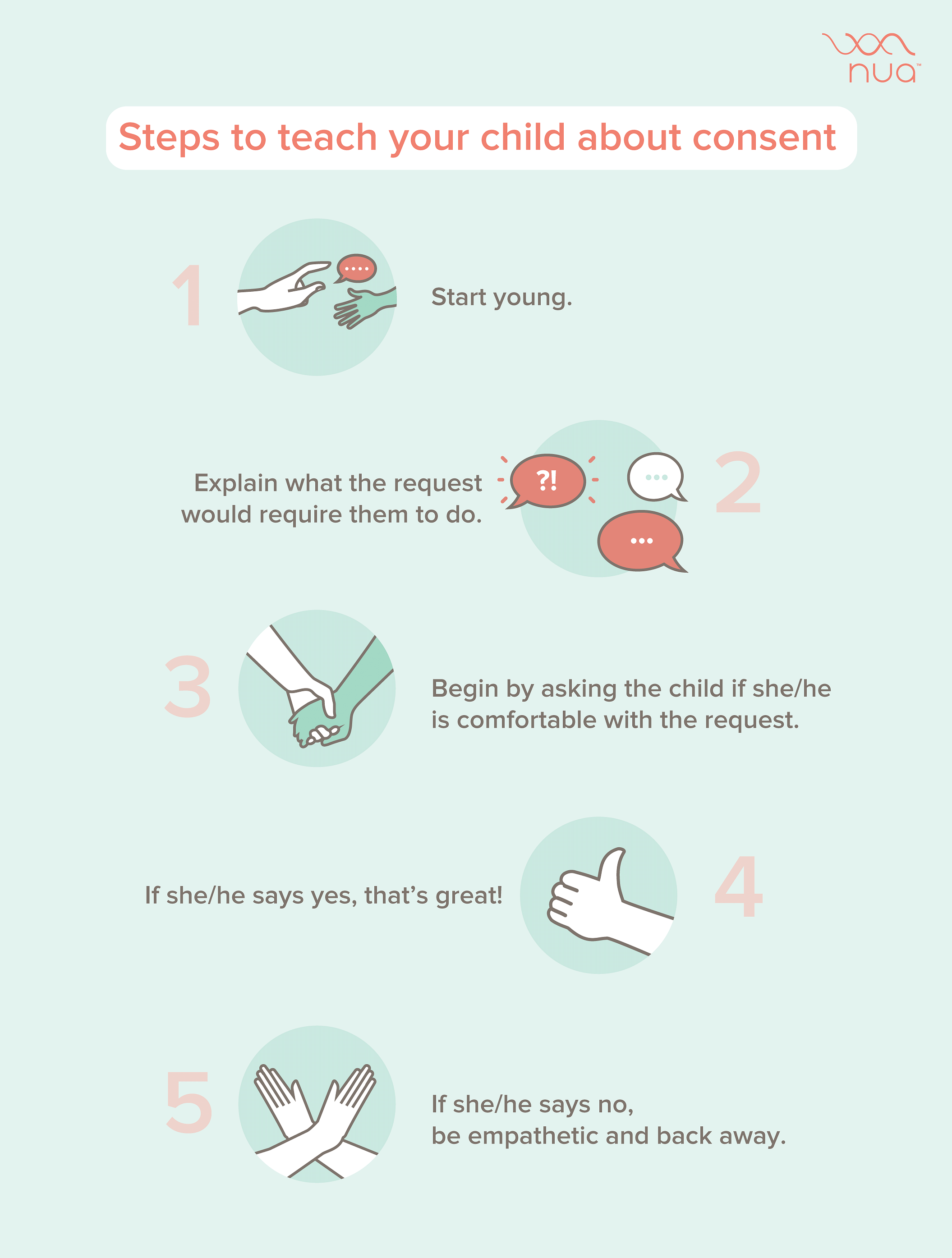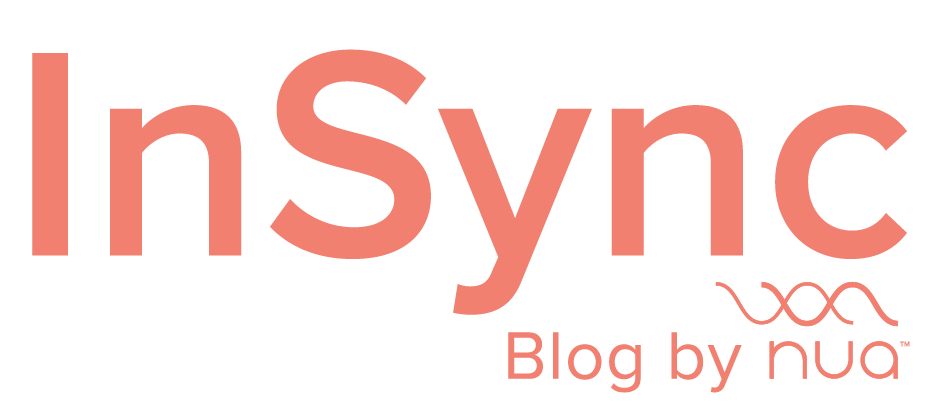The concept of consent, although seemingly simple, is yet a complicated process that many people struggle with. With doctors performing many tests that requite touches for their clients – both men and women – it’s to be taught at a younger age than you might expect.
Let’s break down what consent is and how you can go about teaching the importance of consent.
Consent is nothing but voluntarily agreeing to certain things or acts of desire for another person. For example, in the medical field, as a doctor, I would want to examine a patient, so I need to explain to them exactly what the process is and what I would do. It is my responsibility to inform them about everything from what is going to happen, why I’m doing this, and how you’re going to feel. Only once I am given consent from the patient, I can go ahead and perform the examination. So in simple words, consent is agreeing to whatever is being proposed by another person.
With gynaecology, whenever a woman is visiting a doctor with any kind of issue or query, the need to examine them is very important as it helps her understand and get the right diagnosis. Since it could most likely involve some physical contact with someone’s intimate areas right the genitals and breasts, a young girl or grown woman needs to understand what it is for and if they are comfortable with it.
There are certain situational restrictions when it comes to certain types of examinations. A young, sexually inactive girl would not be told to undergo some as it would not be required to do so. Older women need to make an informed choice about giving their doctors consent for these tests as well. Some hold fears about it and that is completely normal. If the patient says no, the doctor must take a step back. If it is a yes, every single detail must be discussed with them to make sure they do not feel uncomfortable during any step of the process.
In cases of abortions or procedures, consent is highly vital. Any woman above 18 years of age needs to provide consent by themselves to go ahead with it. Dilation and Curettage (D&C), hysterectomies, biopsies, and other surgical procedures need written consent on top of a verbal one as the implications are higher with surgeries.
Since consent is then part of a conversation that revolves around visiting doctors, either gynaecologists or others, the most important piece of the puzzle is teaching consent.
In my professional opinion, the basic concept of consent in the form of a simple ‘yes’ or ‘no’ should be taught to children right from childhood, when your child is between 1-2 years old. When kids between the ages of 10-12 are taught about a good touch vs a bad touch, it’s probably a bit harder for them to learn the concept. As young parents, many often allow family members to hug, kiss, and even lift their babies from an extremely young age. We most likely have observed instances where a child doesn’t want to be touched but parents yet convince them to behave and act as needed. This is a reason why parents need to help develop the idea of consent for their kids at a very young age, no matter what gender they fall under.
As they grow older, grasping the concept of a good touch vs bad touch, consent for sexual acts, becomes quicker and more effective. Inculcating these concepts at a young age makes it more effective for them to share or hold back on consent when the situation arises.
Parents need to build and create a safe space for their children to be able to have conversations about consent without them feeling judged or the fear of repercussions for speaking about such topics more openly than they are spoken about in our society. Once that safe space is created, the boundaries can be defined much clearer, than helping them say yes or no to any act that’s requested of them.

The stigma attached to consent and sex is very prevalent. A school seminar when your child is between 12 to 15 years old is not enough to provide details about consent and the finer details about sex education besides the act itself. If you’re able to openly have a conversation with them earlier, it becomes even easier to grasp the teachings in the school curriculum better and clear any doubts more simply.
If kids had the autonomy of saying yes and no, maybe we are one step closer to creating a new space where everybody knows and understands that a no means a no and a yes means a yes.
Our experts work round the clock to provide you with the answers that you are looking for. If you have any, leave it in the comment section below or send us a DM at @nuawoman. This is a safe space so don’t hold back on any doubts you may have about your body and mind.
Read all of Dr. Ahuja’s other articles here.








